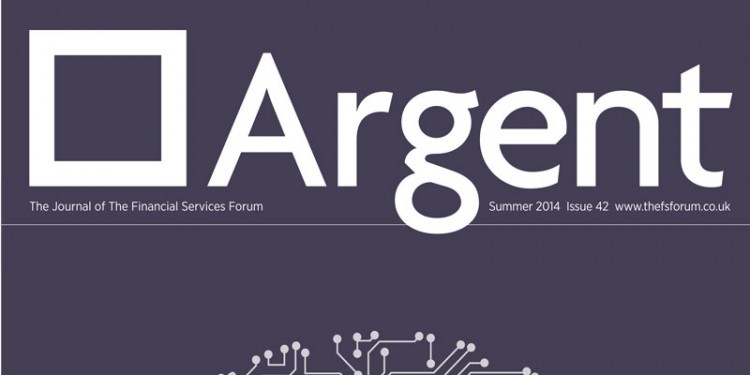Happiest in the middle, LUCIAN CAMP is disappointed only to be offered a few premium products or the brands competing to be the cheapest.
Let’s do lunch. My shout. Yes, definitely. I’ll book us in to the cheapest restaurant in London. I can give you a lift in my car. That’s right, the cheapest car on the market. Can’t talk more because I’ve run out of minutes – cheapest possible phone tariff, obviously.
What is it about us financial people and our obsession with price? In real life, we all know from our own experience that if you make your buying decisions purely on price, then:
a) what you buy won’t be very good;
b) and especially when you buy a lowest-cost service, the providers will charge a lot for any add-ons or upgrades.
Because we all know this, as soon as we can afford to we almost invariably trade up from the cheapest. (I say ‘almost’ because there are a very few market segments where discerning buyers like us figure that actually, the cheapest is just as good as any. Salt comes to mind. And maybe onions.)
In fact, most markets are fundamentally organised by price-point. If I want to buy a car, or choose a restaurant, or get the outside of the house painted, one of my most important decisions is how much I want to spend. And in pretty much every case, I won’t choose the cheapest, or the most expensive – like Goldilocks, I’ll feel happiest somewhere around the middle.
In financial services, though, that range of options hardly ever exists, and on the few occasions when it does – such as, for example, the cost of investment funds – it’s a subject of obfuscation and embarrassment and those involved pretend that it doesn’t.
Of course in given situations there are differences in price between one product or service and another – after all, that’s the whole raison d’etre of price comparison sites. But the differences seem random and temporary, rather than reflecting any real or lasting difference in the value proposition: today Churchill is £300 more expensive than Admiral, but next time it’ll very likely be the other way round.
And equally, I know there’s the odd brand that does stand for a higher-value, higher-service proposition. Hiscox is one, and I suppose American Express is sort of another, but the best example, and the one where I have personal experience, is Coutts. I admit, I was cross when NatWest more or less gave me an ultimatum some years ago to ‘upgrade’ to Coutts: I was well aware that their aim was to start charging me a ton of money for services I’d been enjoying for nothing.
I was completely wrong to be cross. Coutts have done a really wonderful job at every level. I’m not going to go on about it, because you’ll suspect they’re paying me. But of course it’s me that’s paying them – and I’m happy to say that the several hundred pounds I pay them every year are among the best hundreds of pounds I spend.
This shouldn’t come as a surprise in a situation where all their major competitors are ‘free’. I know they’re not really free, but that’s the key weirdness of financial services. Here and there, you may find one or two proudly premium brands. But everyone else is either fighting like ferrets in a sack to be seen as the cheapest, or keeping strangely silent on the whole subject to avoid suggesting that they aren’t.
It gets worse. Some very senior financial people say that offering consumers the lowest possible price is the only acceptable thing to do, and any other strategy is a form of rip-off or deception. This is absurd. In a whole range of financial market sectors – banking, insurance, pensions, investments, mortgages – I’d really like to see what a range of offerings, from lowest-cost to medium to premium, and with service standards to match, might look like.
And if I was to encounter such a thing, I suspect that just like with the decorators, I’d probably choose the middle one.

